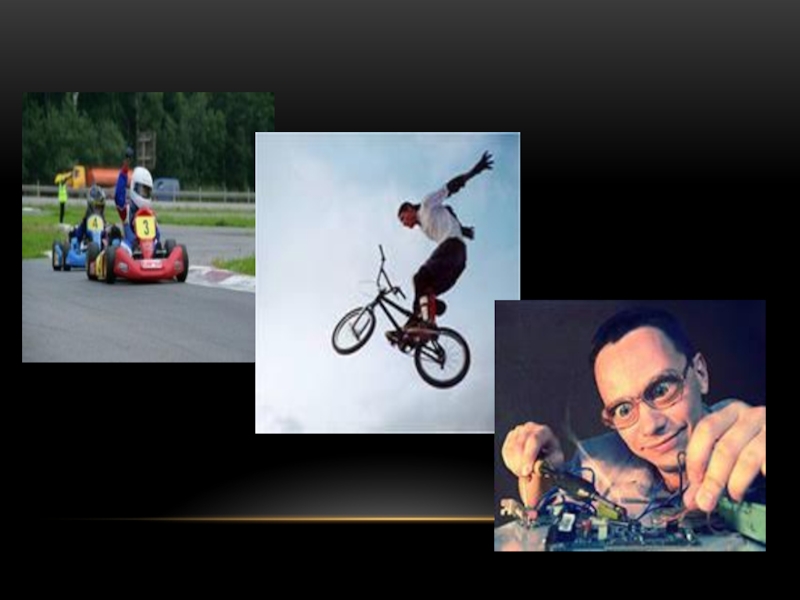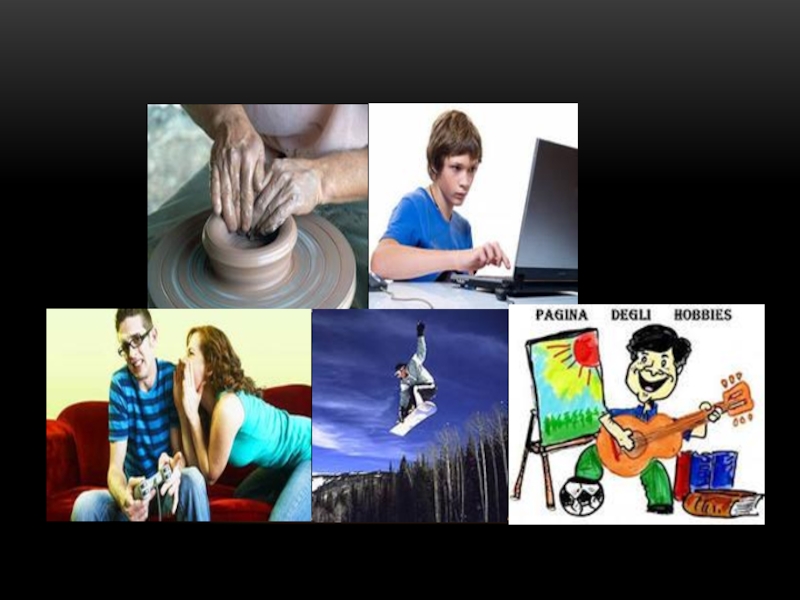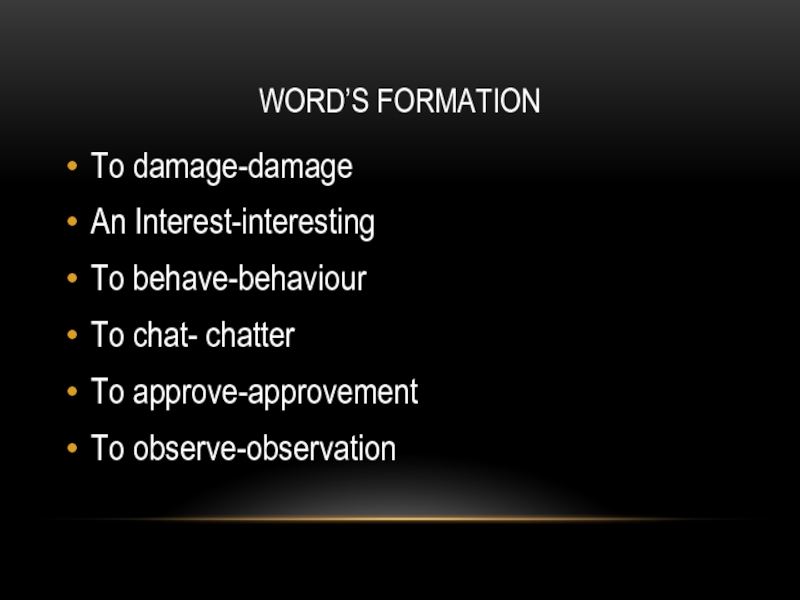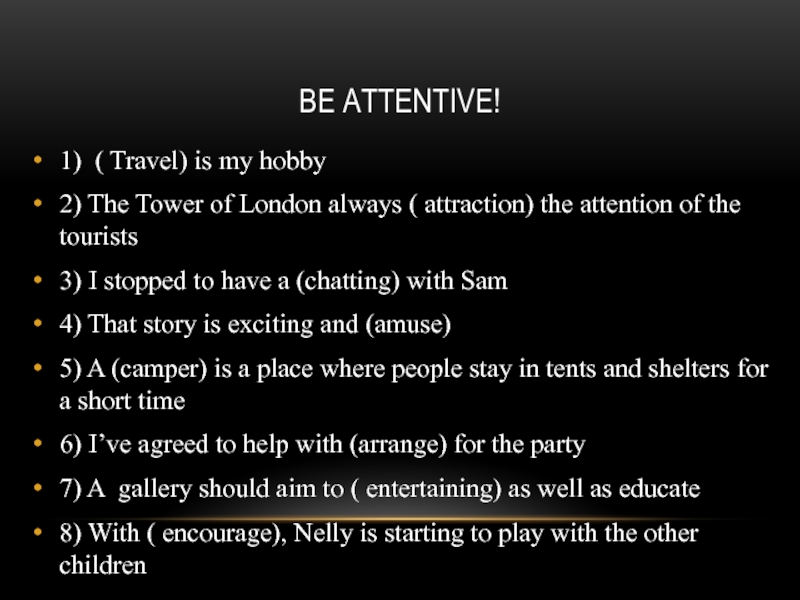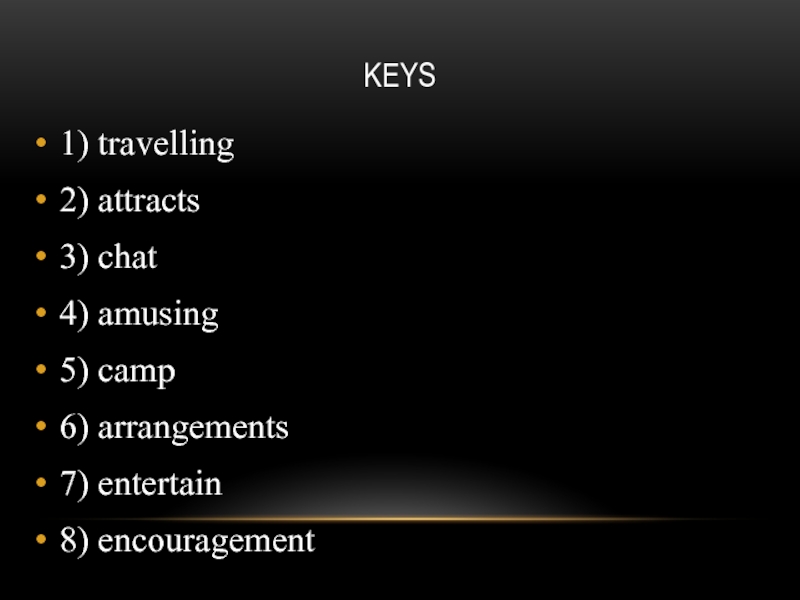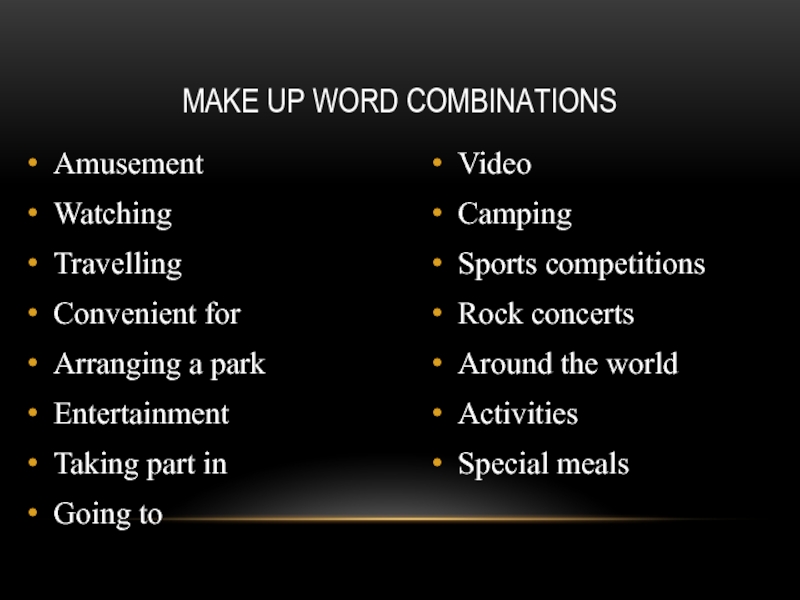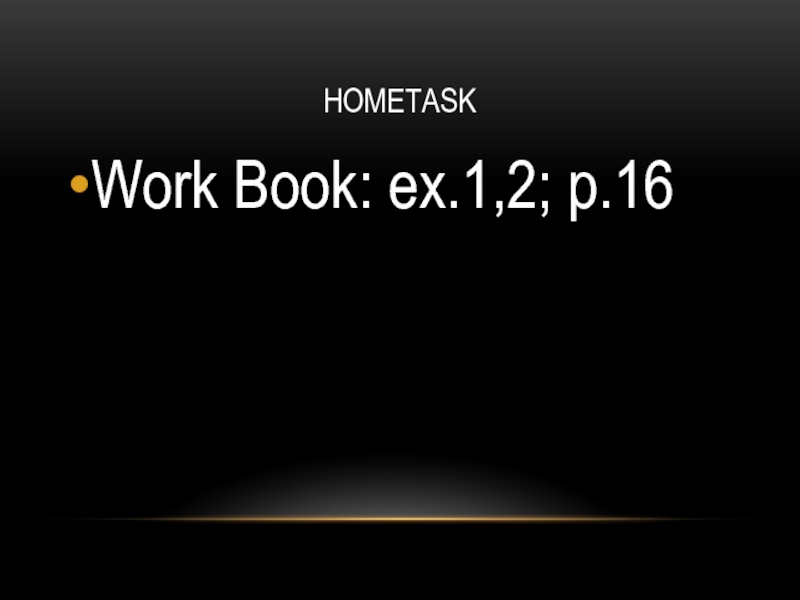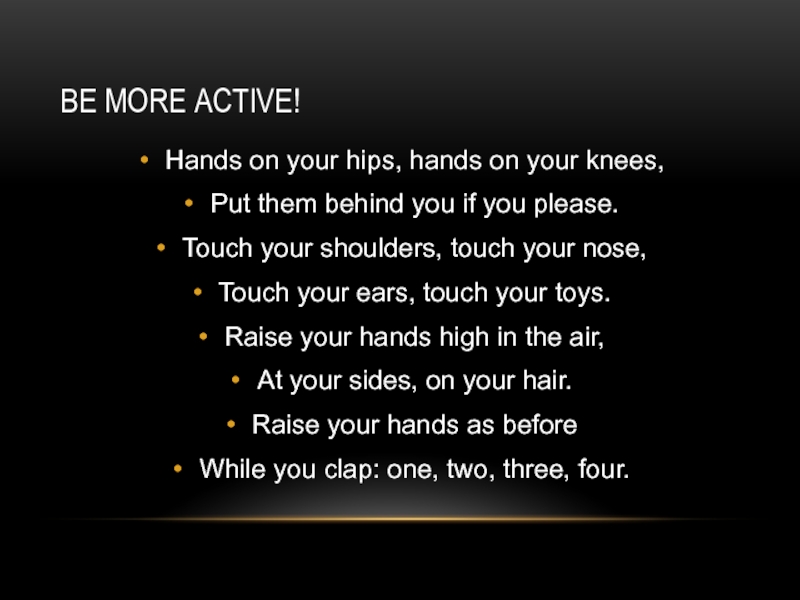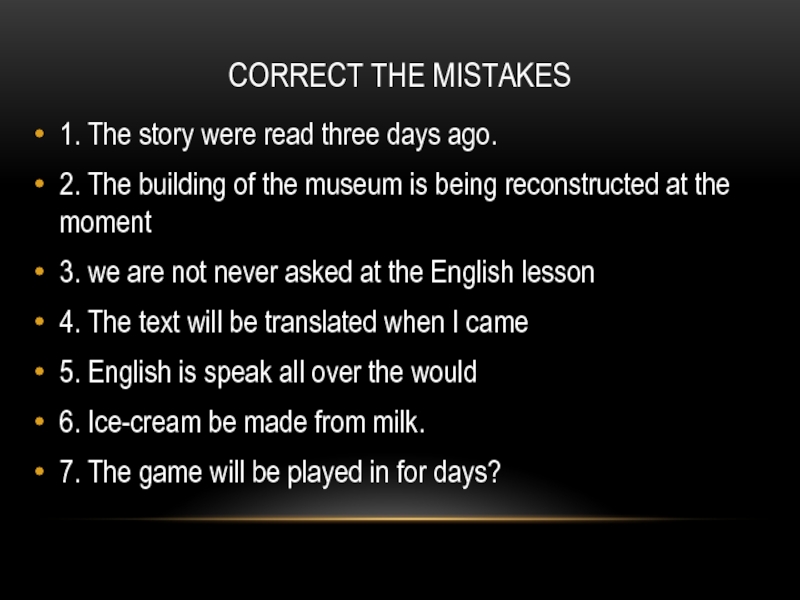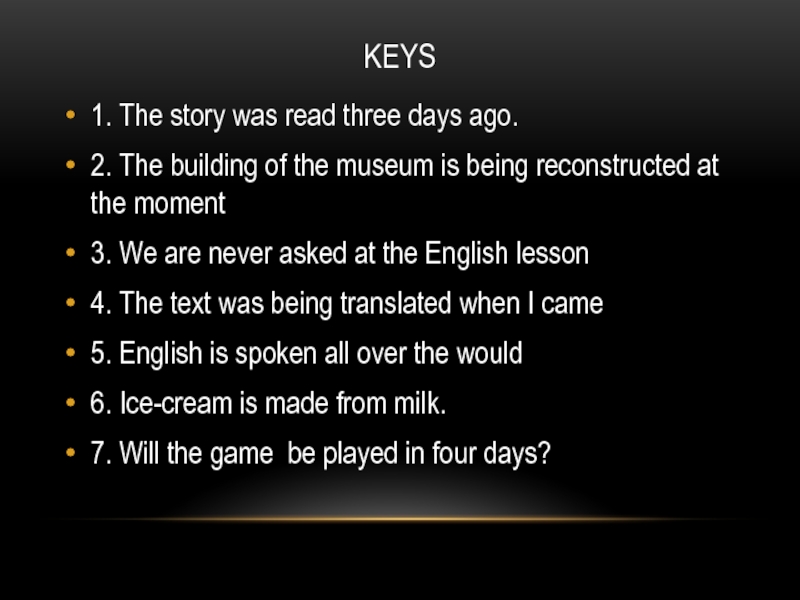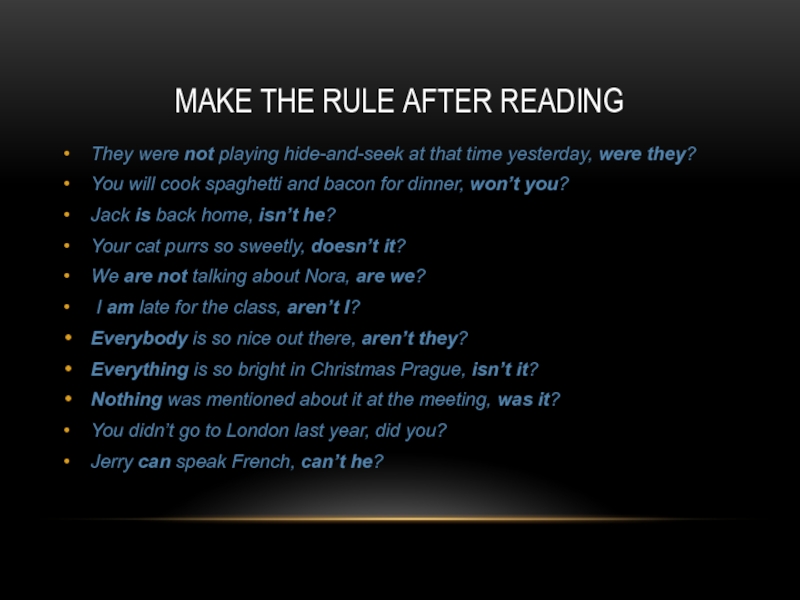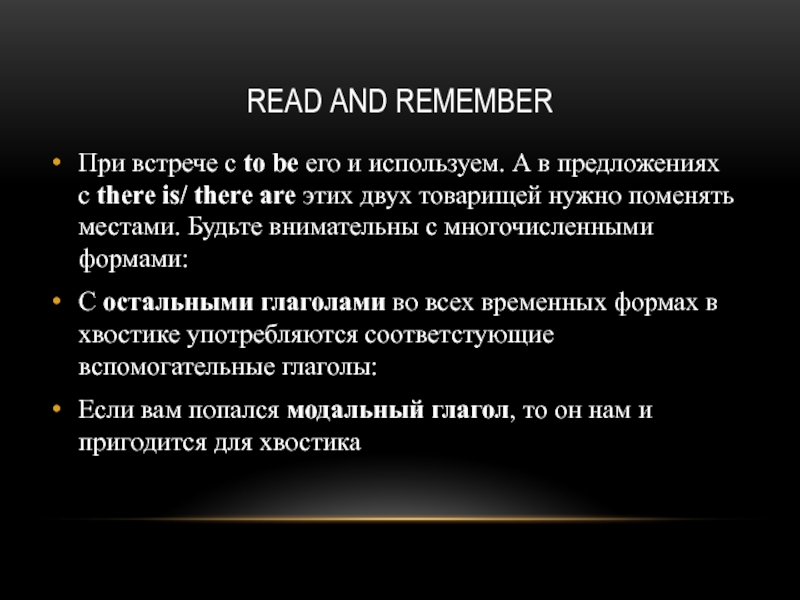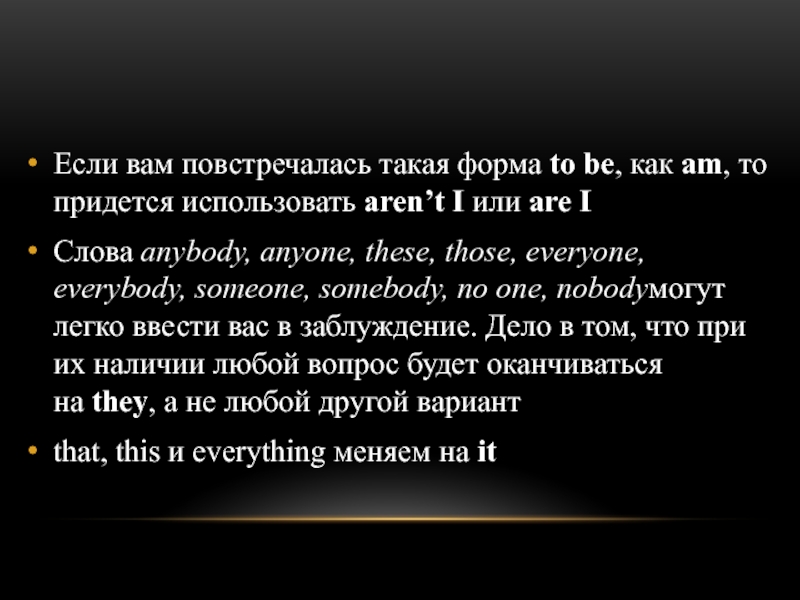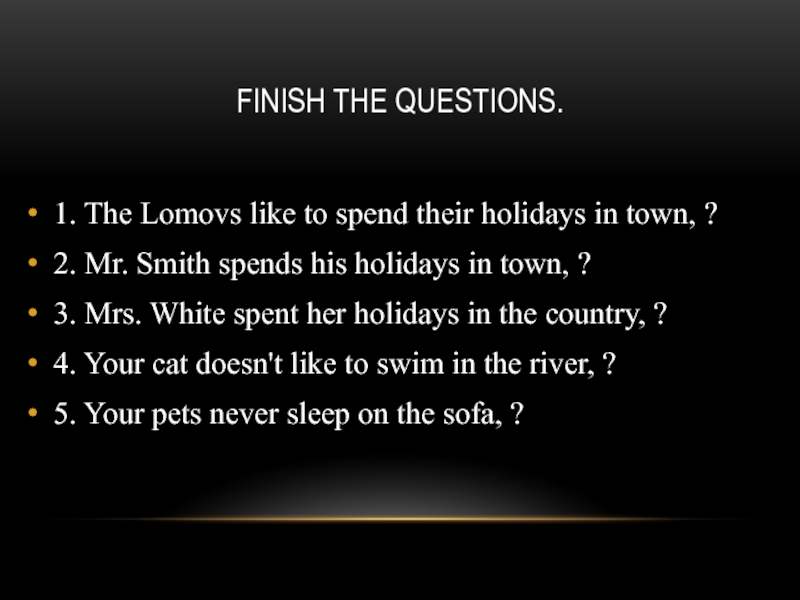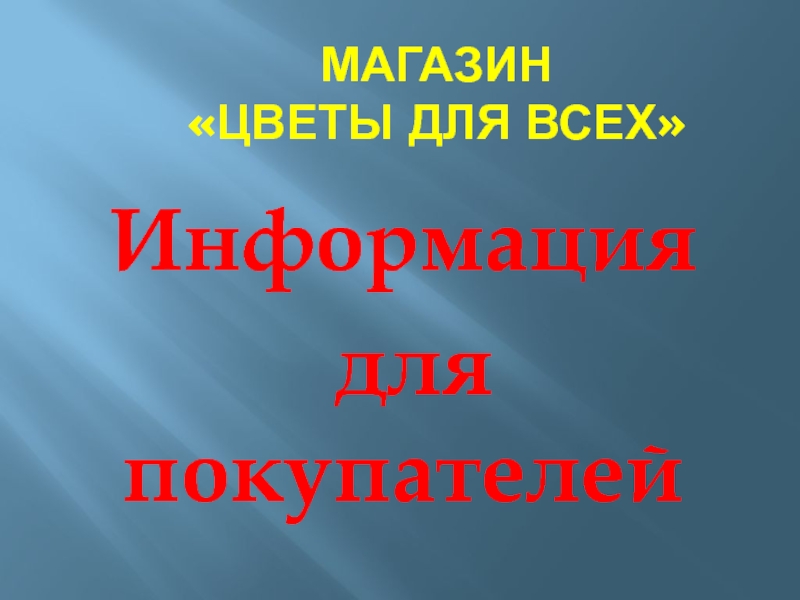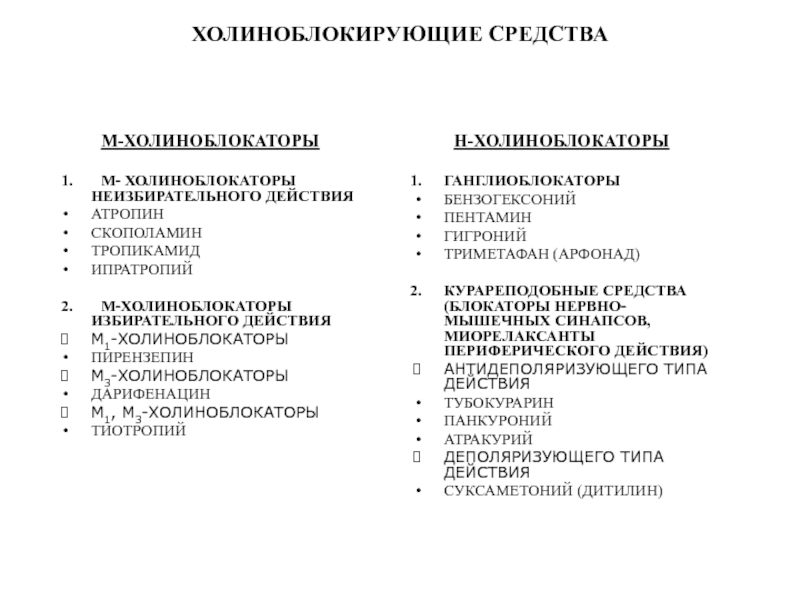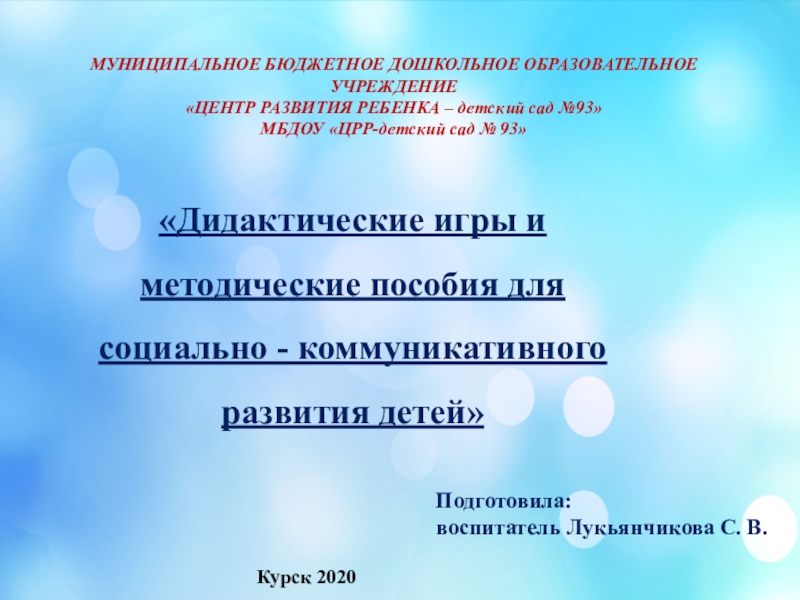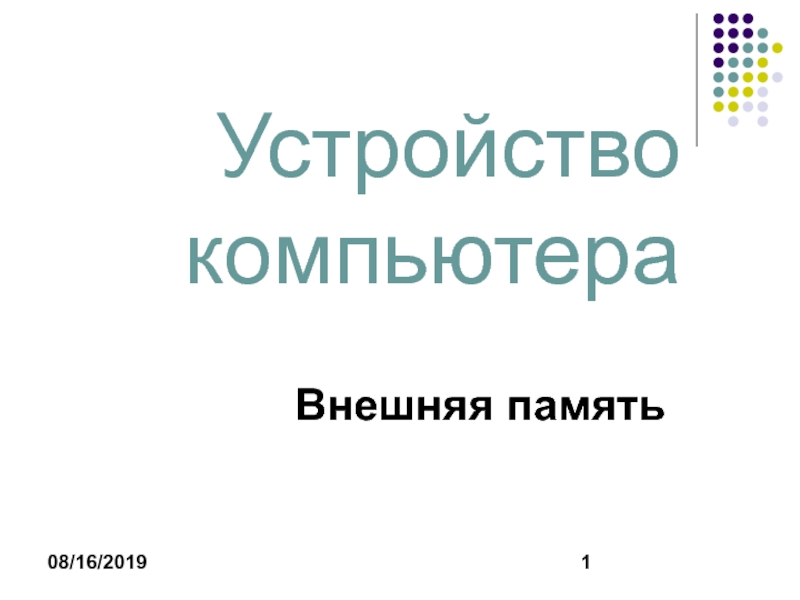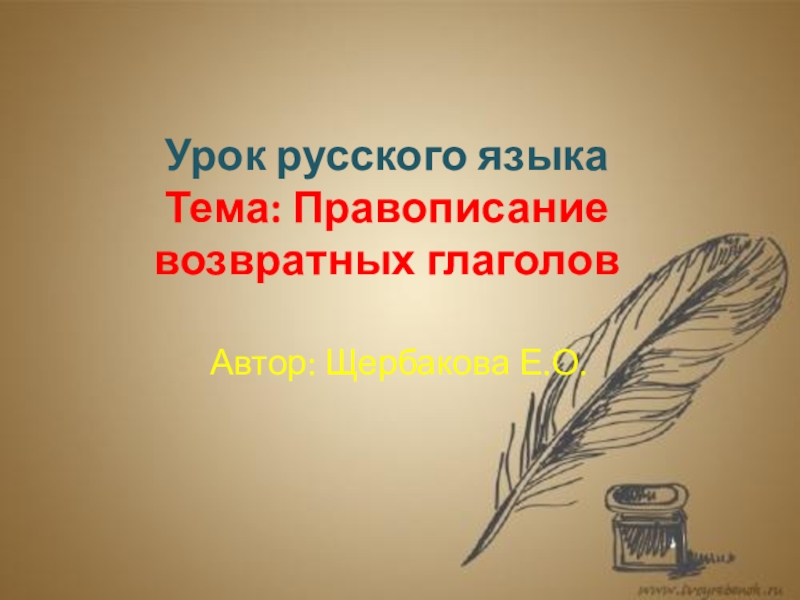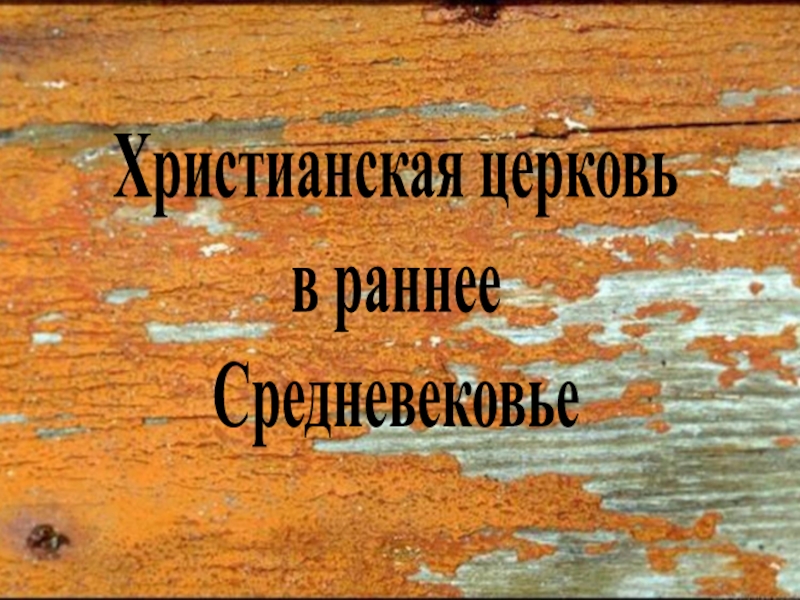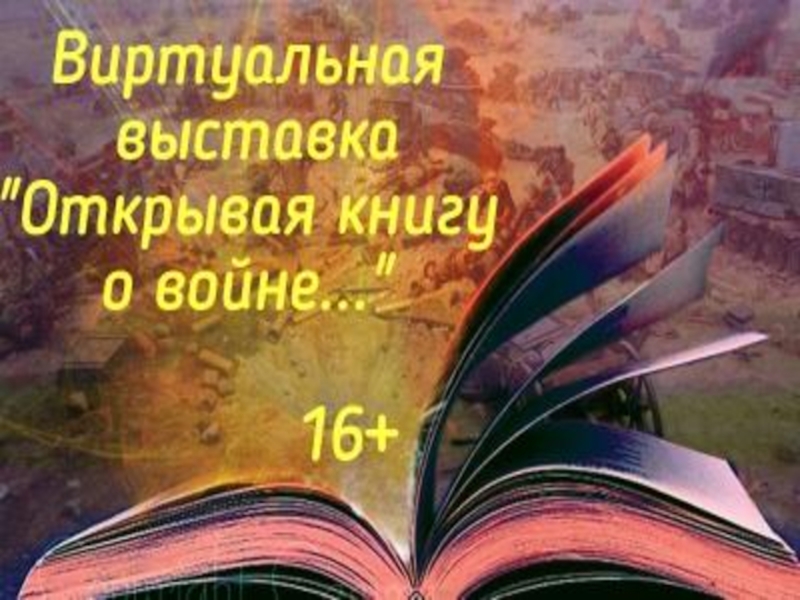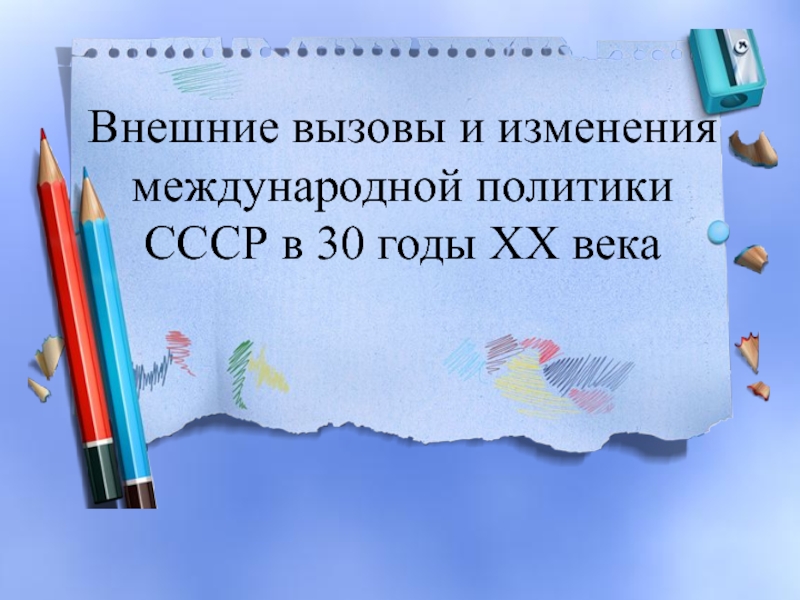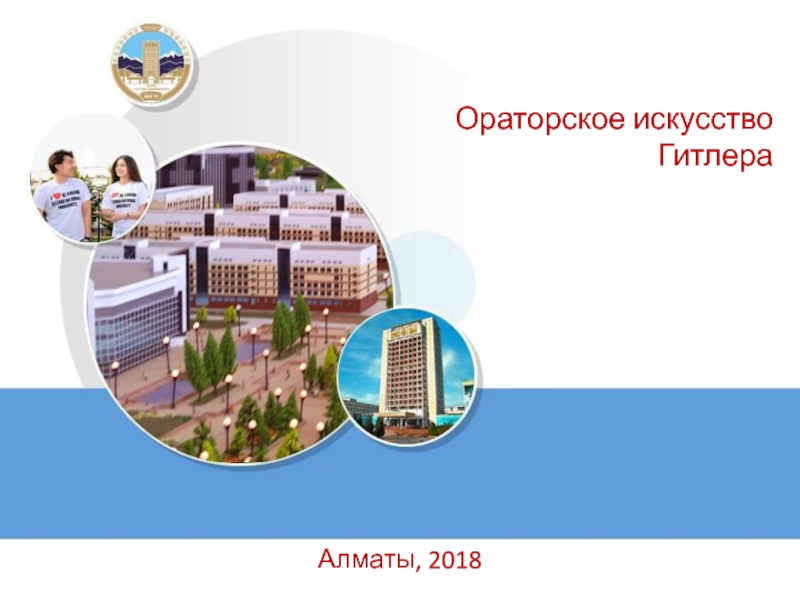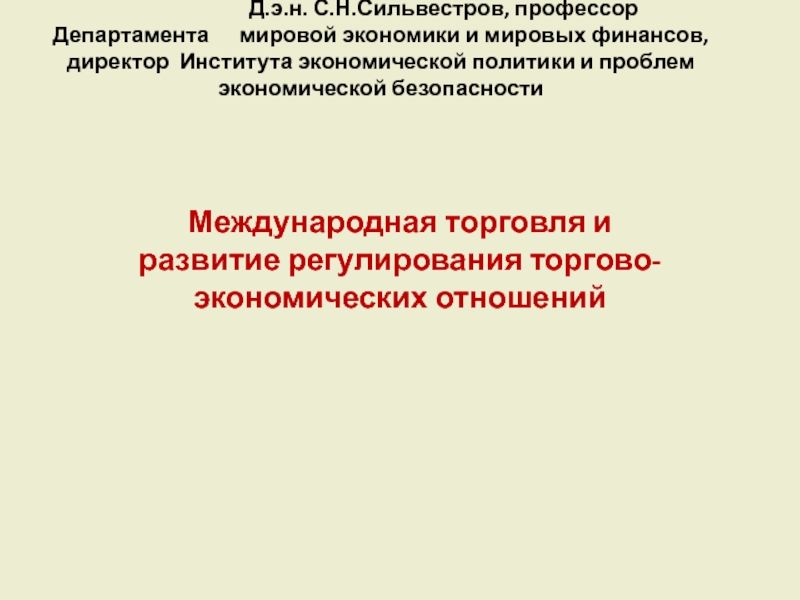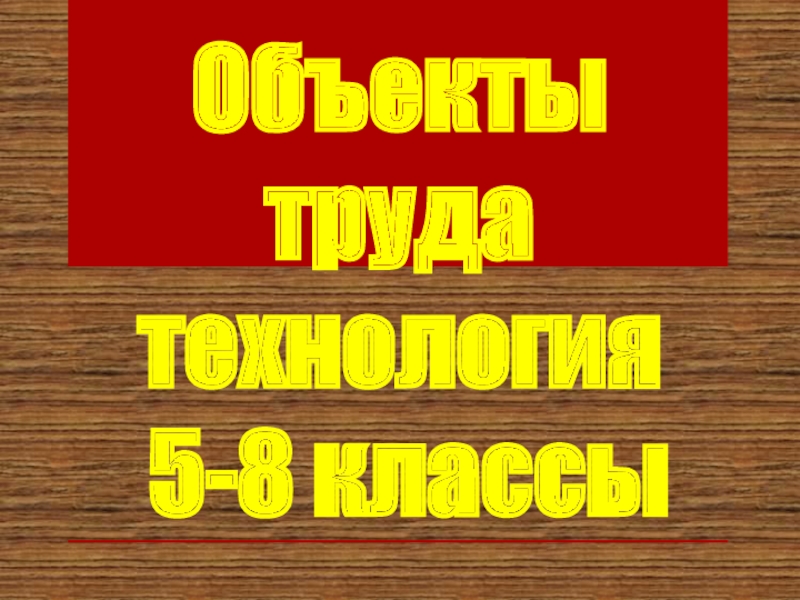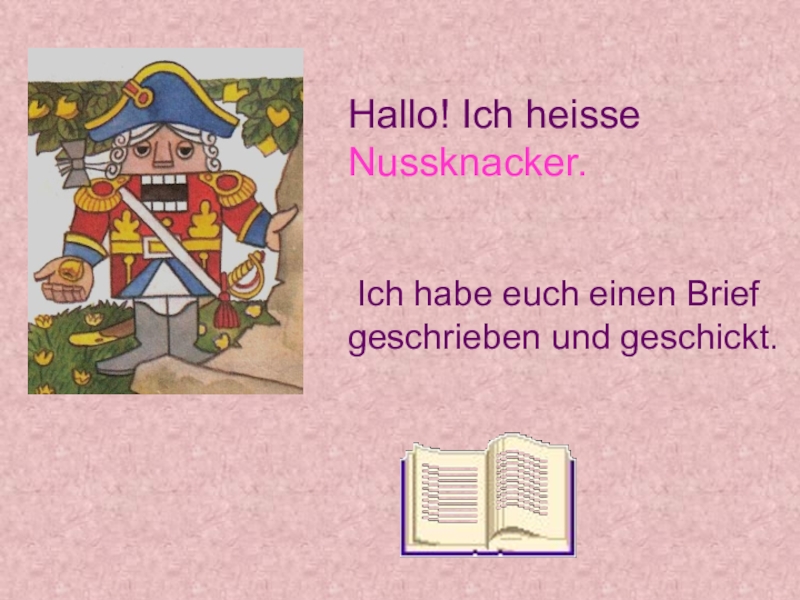Слайд 3How do we spend our free time
Слайд 4Word’s formation
To damage-damage
An Interest-interesting
To behave-behaviour
To chat- chatter
To approve-approvement
To observe-observation
Слайд 5Be attentive!
1) ( Travel) is my hobby
2) The Tower of
London always ( attraction) the attention of the tourists
3) I
stopped to have a (chatting) with Sam
4) That story is exciting and (amuse)
5) A (camper) is a place where people stay in tents and shelters for a short time
6) I’ve agreed to help with (arrange) for the party
7) A gallery should aim to ( entertaining) as well as educate
8) With ( encourage), Nelly is starting to play with the other children
Слайд 6Keys
1) travelling
2) attracts
3) chat
4) amusing
5) camp
6) arrangements
7) entertain
8) encouragement
Слайд 7Amusement
Watching
Travelling
Convenient for
Arranging a park
Entertainment
Taking part in
Going to
Video
Camping
Sports competitions
Rock concerts
Around the
world
Activities
Special meals
Make up word combinations
Слайд 8Hometask
Work Book: ex.1,2; p.16
Слайд 10Be more active!
Hands on your hips, hands on your knees,
Put
them behind you if you please.
Touch your shoulders, touch your
nose,
Touch your ears, touch your toys.
Raise your hands high in the air,
At your sides, on your hair.
Raise your hands as before
While you clap: one, two, three, four.
Слайд 11Correct the mistakes
1. The story were read three days ago.
2.
The building of the museum is being reconstructed at the
moment
3. we are not never asked at the English lesson
4. The text will be translated when I came
5. English is speak all over the would
6. Ice-cream be made from milk.
7. The game will be played in for days?
Слайд 12Keys
1. The story was read three days ago.
2. The building
of the museum is being reconstructed at the moment
3. We
are never asked at the English lesson
4. The text was being translated when I came
5. English is spoken all over the would
6. Ice-cream is made from milk.
7. Will the game be played in four days?
Слайд 13Make the rule after reading
They were not playing hide-and-seek at that time
yesterday, were they?
You will cook spaghetti and bacon for dinner, won’t
you?
Jack is back home, isn’t he?
Your cat purrs so sweetly, doesn’t it?
We are not talking about Nora, are we?
I am late for the class, aren’t I?
Everybody is so nice out there, aren’t they?
Everything is so bright in Christmas Prague, isn’t it?
Nothing was mentioned about it at the meeting, was it?
You didn’t go to London last year, did you?
Jerry can speak French, can’t he?
Слайд 14READ AND REMEMBER
При встрече с to be его и используем. А в
предложениях с there is/ there are этих двух товарищей нужно поменять местами.
Будьте внимательны с многочисленными формами:
С остальными глаголами во всех временных формах в хвостике употребляются соответстующие вспомогательные глаголы:
Если вам попался модальный глагол, то он нам и пригодится для хвостика
Слайд 15Если вам повстречалась такая форма to be, как am, то придется использовать aren’t
I или are I
Слова anybody, anyone, these, those, everyone, everybody, someone, somebody, no
one, nobodyмогут легко ввести вас в заблуждение. Дело в том, что при их наличии любой вопрос будет оканчиваться на they, а не любой другой вариант
that, this и everything меняем на it
Слайд 16Finish the questions.
1. The Lomovs like to spend their holidays
in town, ?
2. Mr. Smith spends his holidays in town,
?
3. Mrs. White spent her holidays in the country, ?
4. Your cat doesn't like to swim in the river, ?
5. Your pets never sleep on the sofa, ?
